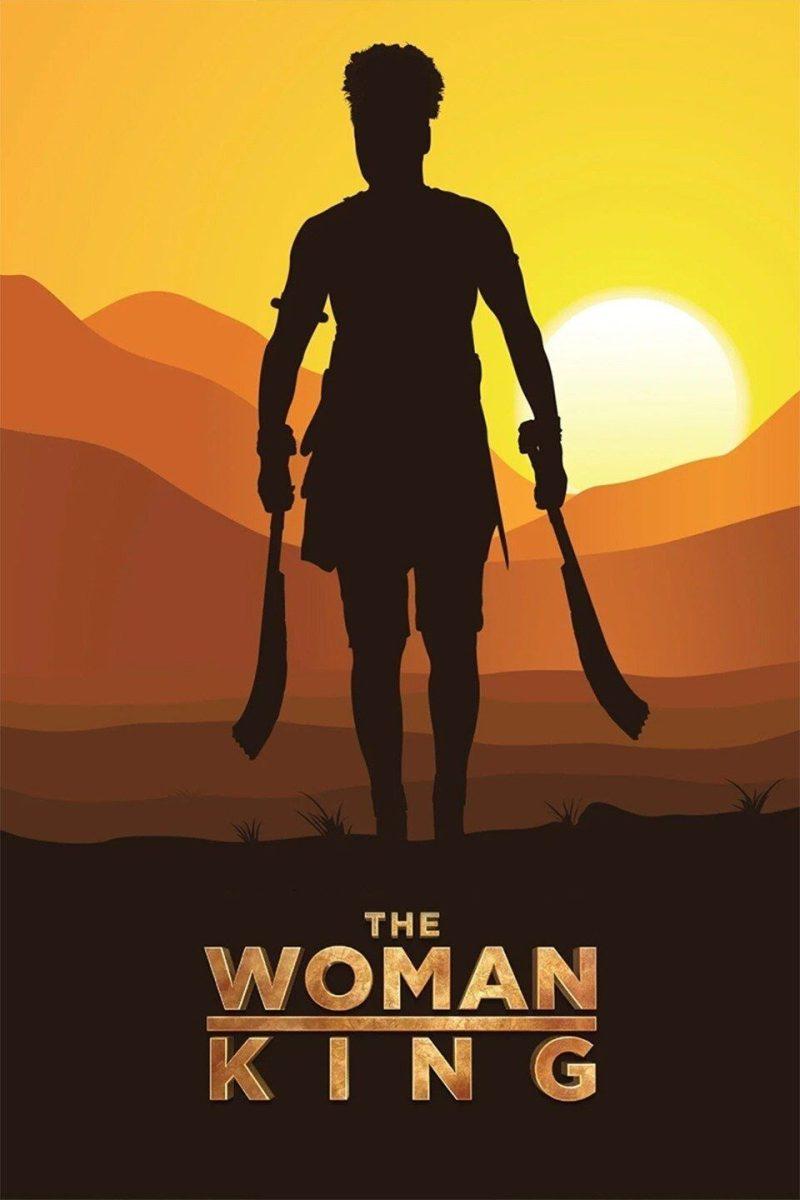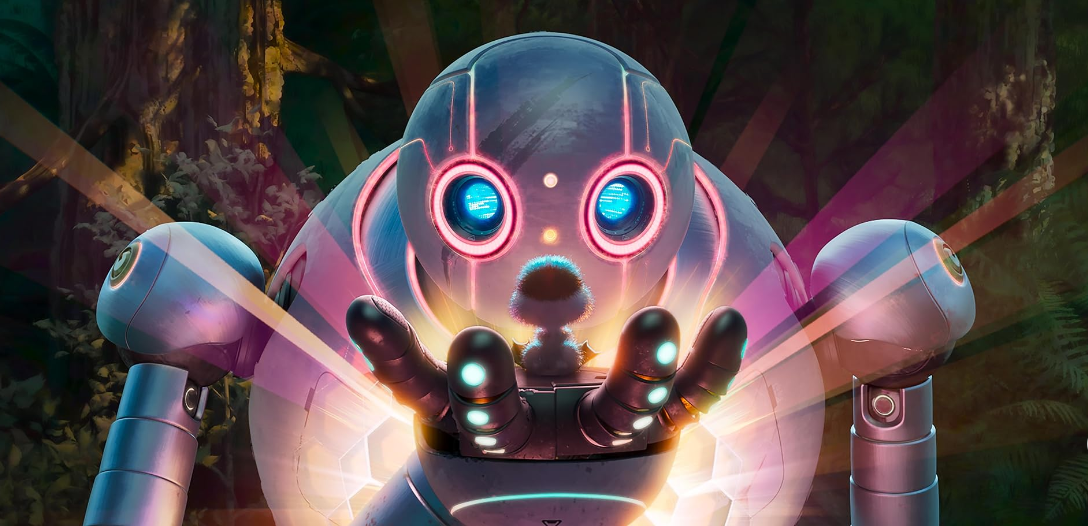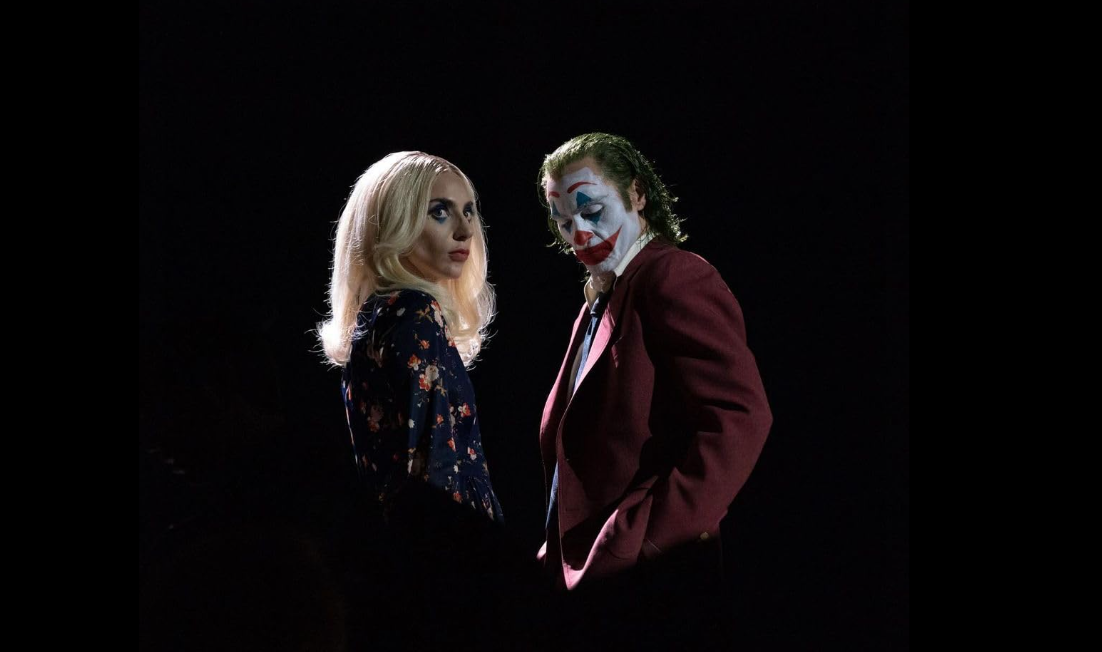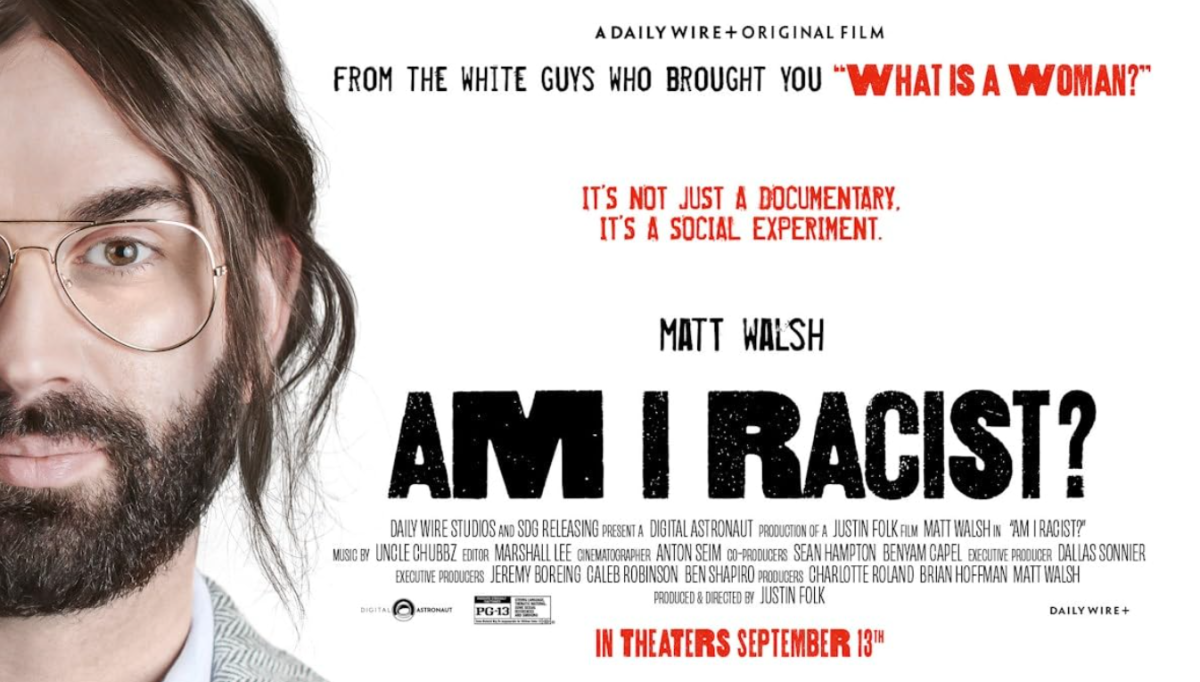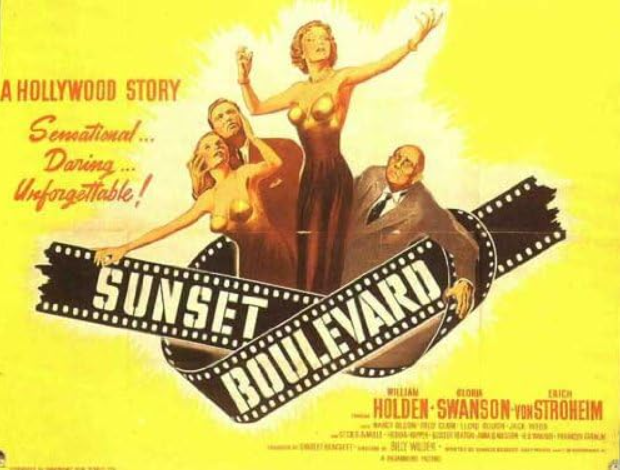When it comes to historical war films, Hollywood’s zealous need to sensationalize for the sake of entertainment is often at odds with the gray realities of warfare. Compared to gladiator-like dramas in which big-shot actresses and actors emerge glittering from debris with impeccable hair and makeup, warfare is far more nuanced and complex. Director Gina Prince-Bythewood’s “The Woman King” is one such exceptional piece of filmmaking that succeeds in thrilling audiences without burying the brutal realities of war and omitting its unsavory past.
“The Woman King” is one of Prince-Bythewood’s most ambitious works to date, packed with masterfully choreographed combat scenes of the Agojie, the ruthless all-female army of the Dahomey Kingdom in Africa. Actress Viola Davis stars as a fictionalized leader of the Agojie during a time of inner strife and European conquests looming ominously around the corner. In one of Davis’ most captivating performances to date, audiences can sense the leader’s torment beneath her unflinching poise as a resolute, steely character. It is easy to understand how the audience hung on every word, cry and scream of the brave leader.
Disney’s Marvel was one of the first major studios to bring to the big screen the Agojie-like warriors in a similar vein to “Braveheart.” According to The Los Angeles Times, the female warriors of Marvel’s “Black Panther,” the “Dora Milaje,” are inspired by the real warriors featured in “The Woman King.’
But unlike the exemplary Wakandan protectors, the Agojie engaged in intense brutality often devoid of heroic intent that far exceeds Disney’s PG-13 ratings. During the opening minutes of “The Woman King,” audiences winced as Agojies pillaged and slashed throats and heads, feeling the blade’s ferocity pierce the screen with every stroke.
The ominous tension between the Agojie head, Dahomey leaders and the foreboding hand of European slave traders was evident. In the film, the Agojie argued the immorality of selling their own people and how Dahomey’s momentary prosperity from the slave trade was not worth the cost.
Unfortunately, the reality of these admirable attributes is murky at best. According to CNN, #BoycottWomanKing was trending during its opening week, with critics claiming “the kidnapping and sale of Africans by the Dahomey and Oyo kingdom was underplayed” and that this dark aspect of this history is portrayed in the “film’s narrative as a subplot.” In the movie, the Agojies appear as fierce warrior sisters riding under the covers of darkness, when in reality, they were the catalysts that brought darkness to others.
Despite the controversy, director Prince-Bythewood manages to create elaborate worlds filled with centuries of trauma that capture this pulpy history in less than two and a half hours. Even with many things left unsaid, the movie’s simplified exposition had many audience members absorbed in discussion and thought for hours after the screening, which alone says a lot.
For movie-watchers wanting an invigorating, thought-provoking night, “The Woman King” is a 10 out of 10. By taking us into the heart of brutality and warfare, Prince-Bythewood’s impressive, violent combat compositions make the movie all the more involving. Undoubtedly, “The Woman King” makes its mark with a fantastic cast and complex, meaningful narrative. Taking this film as its crowning glory, “The Woman King” is a movie that reigns in full force.



